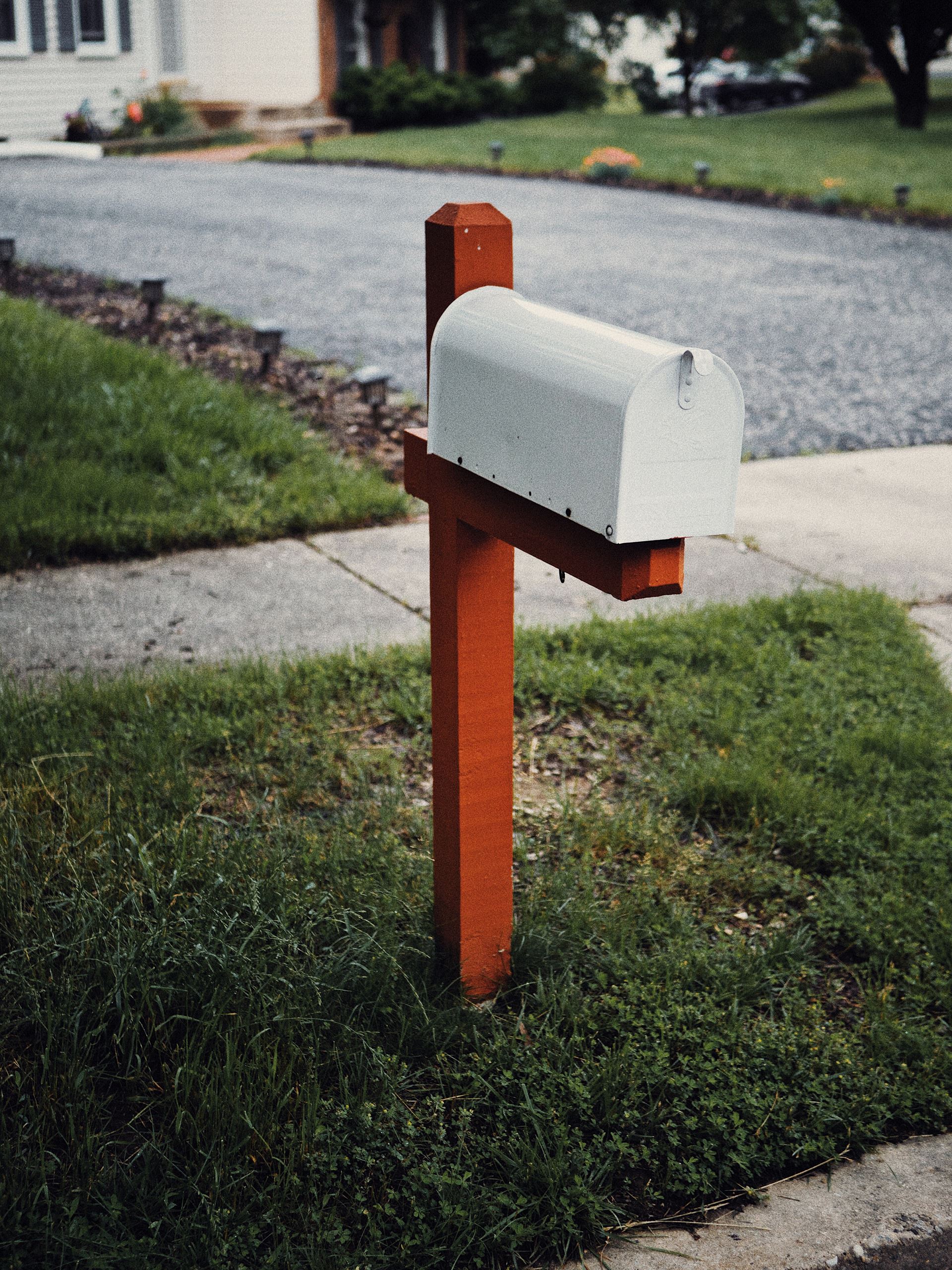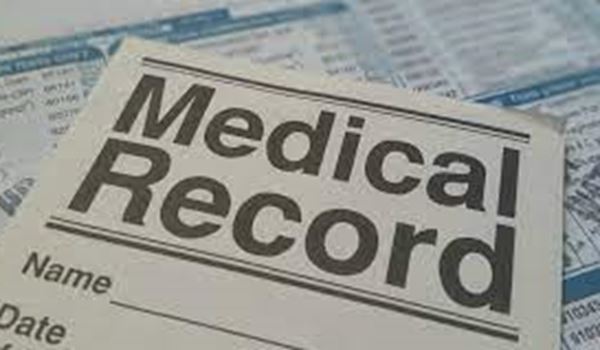Patient Record
Sharing Your Medical Record
Increasingly, patient medical data is shared e.g. between GP surgeries and District Nursing, in order to give clinicians access to the most up to date information when attending patients.
The systems we operate require that any sharing of medical information is consented to by patients beforehand. Patients must consent to sharing of the data held by a health provider out to other health providers and must also consent to which of the other providers can access their data.
e.g. it may be necessary to share data held in GP practices with district nurses but the local podiatry department would not need to see it to undertake their work. In this case, patients would allow the surgery to share their data, they would allow the district nurses to access it but they would not allow access by the podiatry department. In this way access to patient data is under patients' control and can be shared on a 'need to know' basis.
Accessing your GP held records via NHS app
Accessing your GP-held records via the NHS app or NHS website
Requesting access – what do I need to do?
**IMPORTANT ** Please read the information on the 1st link below
Accessing your GP held records.docx
Patient request form for GP records.docx
This form should not be used for completing benefit forms. Please contact the surgery to request a benefit summary.
Application for Patient Online Services Form
This form is for patients to access online services. Also to be completed for access to Childs record.
Application for Third Party Online Access
To be used if you want someone who is not family to access online services.
Emergency Care Summary
Opting out of sharing your confidential patient information
National data opt-out
You can choose whether your confidential patient information is used for research and planning. To find out more visit nhs.uk/your-nhs-data-matters.
You do not need to do anything if you are happy about how your confidential patient information is used. You can change your choice at any time.
Type 1 opt-out: medical records held at your GP practice
You can also tell your GP practice if you do not want your confidential patient information held in your GP medical record to be used for purposes other than your individual care. This is commonly called a type 1 opt-out. This opt-out request can only be recorded by your GP practice.
Type 2 opt-out: information held by NHS Digital
Previously you could tell your GP practice if you did not want us, NHS Digital, to share confidential patient information that we collect from across the health and care service for purposes other than your individual care. This was called a type 2 opt-out.
The type 2 opt-out was replaced by the national data opt-out. Type 2 opt-outs recorded on or before 11 October 2018 have been automatically converted to national data opt-outs.
Read more about the collection and conversion of type 2 opt-outs.
Page created: 09 April 2020



